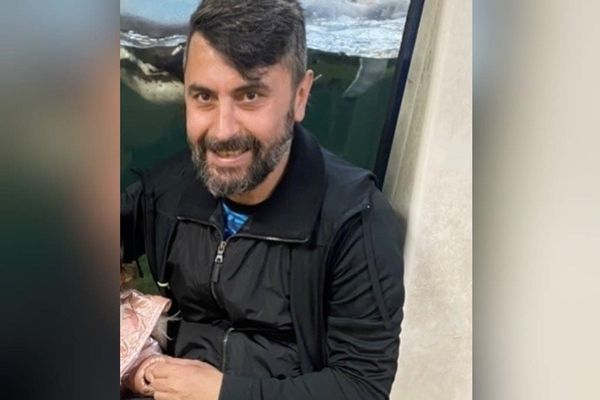WASHINGTON _ Despite espousing an "America First" foreign policy strategy, President Donald Trump is considering opening "Fort Trump" _ a permanent military base in Poland.
Polish President Andrzej Duda told reporters after meeting with Trump at the White House on Tuesday that he quickly dubbed the base "Fort Trump," an obvious appeal to the businessman turned U.S. president who has hotels, condos and golf courses around the globe named after himself.
"The presence of the U.S. armed forces in this area is absolutely justified," Duda said. "I am convinced there is no more effective method of preventing a war than a decisive stance illustrating that we are ready at any moment to repel possible attack."
Poland and other Eastern European countries have been lobbying the United States to increase the number of troops on the continent as they worry about combating an increasingly aggressive Russia.
Still, Trump's decision is surprising because he has talked about bringing U.S. troops home from across the world since he was on the campaign trail talking about America First.
Trump, who has repeatedly threatened to punish countries if they don't spend enough on defense, said he would only agree if Poland is willing to pay the United States.
"Poland would be paying billions of dollars for a base," he said. "And we're looking at that more and more from the standpoint of defending really wealthy countries and not being ... paid. It's one thing when we defend countries that can't defend themselves ... .We don't expect anything for that. But when we're defending immensely wealthy countries and they're not the paying for the defense to the United States, they're only taking advantage of us."
Poland offered to spend up to $2 billion for the U.S. to build a permanent military base.
"The idea of a permanent U.S. base in Poland subsidized by Poland is an idea the Duda government came up with to satisfy Trump's criticisms about U.S. defense spending to NATO," said Erik Brattberg, director of the Carnegie Endowment's Europe program who is in touch with a few diplomats who are concerned about Trump's possible reduction of troops. "Rather than going through the traditional NATO format, the Polish government hopes to entice Trump by striking a transactional, bilateral deal with the U.S. and appealing to Trump's self-aggrandizement. The meeting between the two leaders in the White House today suggests that this strategy might prove successful."
A third of active-duty U.S. military troops overseas _ more than 60,000 _ are stationed in Europe, including 35,000 in Germany, 12,000 in Italy, 8,500 in the United Kingdom and 3,300 in Spain, according to a Pew Research Center analysis of information from the Defense Manpower Data Center, a statistical arm of the Defense Department. Thousands more rotate into other European countries temporarily.
Many U.S. troops are there to do more than protect those countries. They are strategically located to help in other regions of the world, such as counter Iran or strike the Islamic State.
Poland, Romania and the Baltic nations of Estonia, Latvia, and Lithuania have been asking the U.S. for additional troops for several years.
"The U.S. government, the Defense Department and Congress in particular, are very far away from concluding that such a move is in the best interest of the United States or fiscally responsible considering existing U.S. military installations in Europe," said Heather Conley, who served as a deputy assistant secretary of state for George W. Bush and is now a senior vice president at the Center for Strategic & International Studies. "Even with the branding of "Fort Trump" and what seems to be a very generous offer of $2 billion dollars to support such a permanent presence, this would be a very small down initial payment and would not substitute from the modern and advanced U.S. facilities in Germany and elsewhere in Europe."







